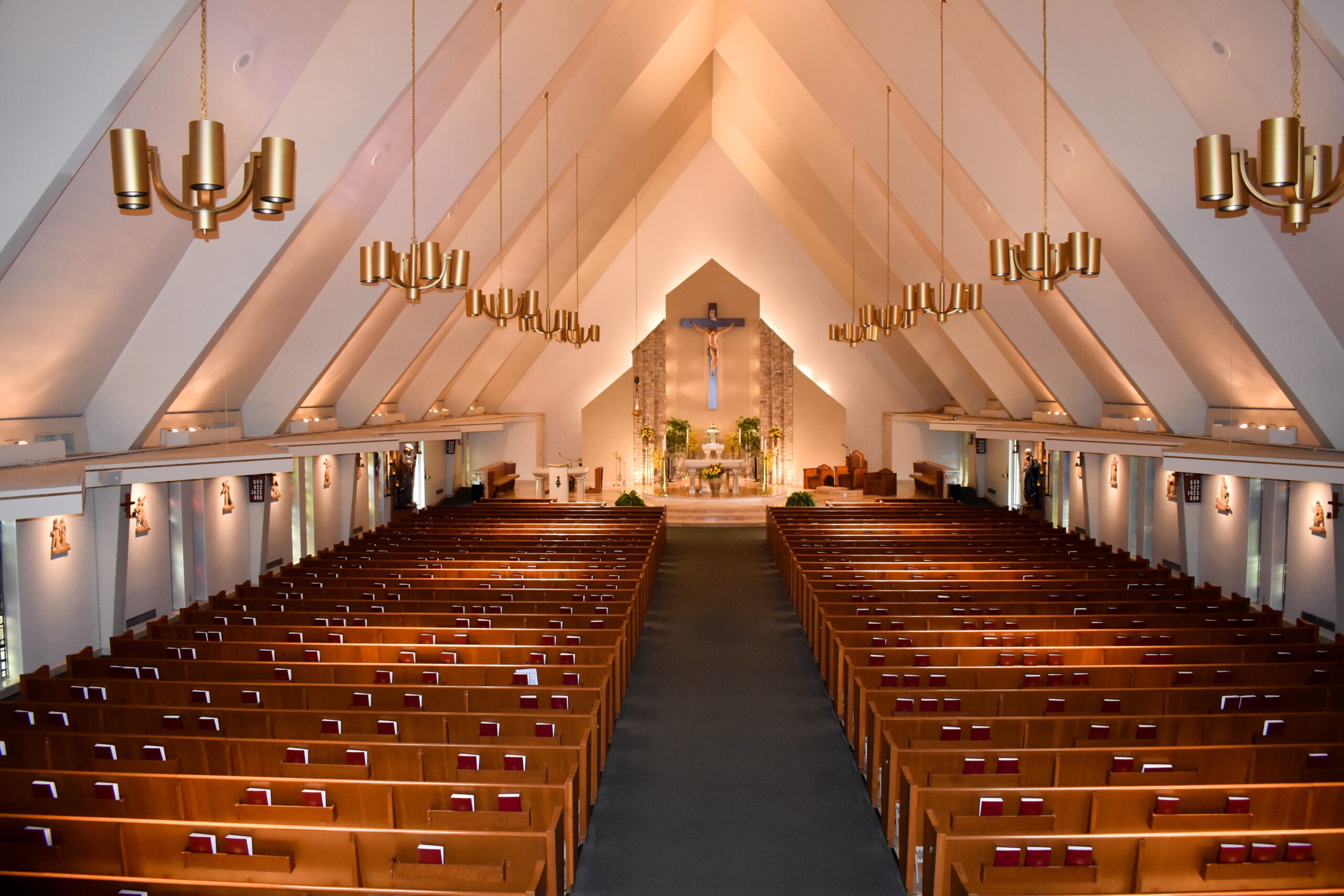
1. Jesus told us to comfort those who mourn.
Jesus says in the Beatitudes, “Blessed are those who mourn, for they will be comforted.” There are mourners in your parish. Will you comfort them?
In fact, the Bible is sprinkled with mentions of grief and mourning. Jesus himself mourned after the death of Lazarus and supported the dead man’s family in their grief.
St. Cyprian once said:
“How can a man say that he believes in Christ, if he does not do what Christ commanded him to do? From where will he attain the reward of faith, if he will not keep the faith of the commandment? … He will make no advancement in his walk toward salvation, for he does not keep the truth of the way of salvation” (The Treatises of Cyprian, Treatise I, ch. II).
Our quest to be Christ-like shouldn’t neglect how Jesus approached grief and the grieving.
2. It applies to everyone at some point.
Everyone dies, so it stands to reason that just about everyone will, in fact, have someone close to them die at some point in their life. Most of us will have many people die, and we will struggle horribly after some of them. No one goes through life without grief.
That is why a ministry for those who are grieving is such a good thing. Other than birth and taxes, grief is the only thing guaranteed to affect every parishioner at some point.
3. It’s what people are looking for.
Major upheavals bring people to faith. Death causes us to think about what comes after this life. Funerals pull lapsed Catholics back into Church, sometimes for the first time in decades. All of these are very good reasons to be prepared to minister to the grieving.
Catholics Come Home has a great collection of resources for people brought to the Church because of grief, which may be helpful for anyone leading a grief ministry. But perhaps the best thing a parish can do is provide a home for the grieving. Give people a space to tell the story of their grief, and see that they can find a community to support them. That is evangelization at its finest.
One parish I worked with had a dedicated bereavement team who would make sure the church was prepared for every funeral. They would place tissue boxes in the pews and have people on hand to answer any questions. They would reach out to the family after the funeral and ask if they would like to receive bereavement resources in the mail. The family would receive resources on prayers, remembrance services, simple self-care steps, and a card on the anniversary of the death. They were also invited to join a grief ministry group.
The woman in charge of the resources said she wanted to make sure her fellow parishioners were never alone in their grief. She wanted them to know that they were welcome at the parish even when they felt messy and distraught.
4. It’s easy.
We’re in the midst of a small-group renaissance. There are so many support systems for people who want to start one! You can read here about the basics of starting a small group. Most likely, you can also contact your parish office. If you are willing to put in the work to lead a small group, the pastor and his council should be happy to help you succeed.
There are also plenty of options for what you can do! You can do a study that is completely focused on grief, or get together twice a month for coffee and a general check in. You can learn how to pray with Scripture together, or study Christ’s passion in-depth. You could even read a book that enunciates the grief process, or one about a profound experience of grief. Local funeral homes also tend to offer workshops and speakers you could attend together. It’s all down to what works best for you and your parish.
5. The return on investment is high.
When your parish supports someone in a time a grief, it doesn’t just affect that person. All of their family and friends learn that they were able to turn to the Catholic Church during a painful time. That plants a seed for the future.
As I previously stated, everyone will experience grief at some point in their life. Sometimes that grief is overwhelming. It is a good thing to let people know they can come to the Catholic Church when they are in despair.
Via: https://media.ascensionpress.com/
Call the rectory office at 610-372-4010 to join!


